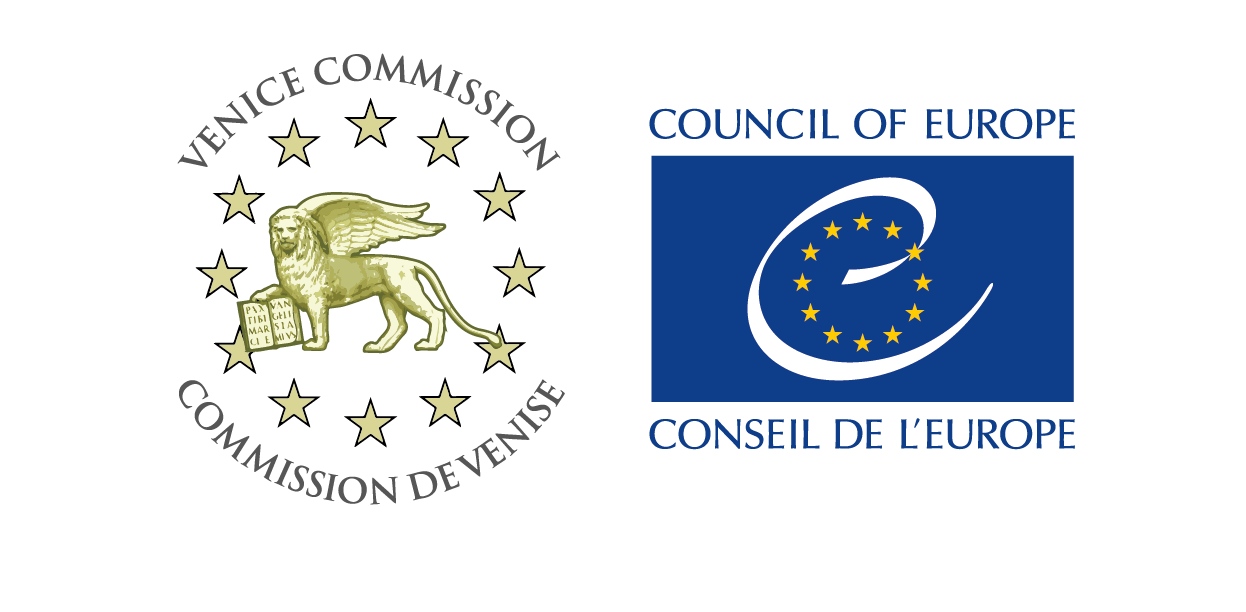

Venice Commission - Report on Bicameralism
www.venice.coe.int
Disclaimer: this information was gathered by the Secretariat of the Venice Commission on the basis of contributions by the members of the Venice Commission, and complemented with information available from various open sources (academic articles, legal blogs, official information web-sites etc.).
Every effort was made to provide accurate and up-to-date information. For further details please visit our site : https://www.venice.coe.int/
1.Has the country ever had a bicameral parliamentary (or congressional) system in the past? If so, in which period? Why was it decided to change into a unicameral system? Is there a public debate about changing to a bicameral system? What are the terms of the debate?
Slovakia was founded on 1 January 1993 as a result of the split of the Czech and Slovak Federal Republic. Its Constitution, passed on 1 September 1992, provides for a unicameral parliament called the National Council of the Slovak Republic (Národná rada Slovenskej republiky). While Czechoslovakia did have a bicameral parliament, the framers opted for unicameralism. To my best knowledge, there has been no serious debate to introduce bicameralism.
2.What is the population of the country? What is its size?
The population is 5,460,185 (2022 census), the total area is 49,035 km2.
3.What form of state and form of government has the country? Please provide details with reference to relevant constitutional provisions. a) Unitarian or federal/regional/other form of decentralization; b) Parliamentary, presidential, semi-presidential or mixed
The country is unitary (Art. 3 of the Constitution).
4.How many members are in the lower house?
There are 150 members in the parliament (Art. 73 par. 1 of the Constitution). The number has not changed since the beginning. Occasionally, there are initiatives by some populist MPs to lower that number (the arguments put forward are mostly of economic nature), but they remain marginal. There was even one unsuccessful referendum to that effect in 2010.
 Slovakia
Slovakia
There is some degree of decentralisation. Municipalities and self-governing regions may govern their local matters by issuing normative acts that must be in line with the laws passed by the parliament (Art. 68 with Art. 125 of the Constitution).
The Constitution does not say which matters fall into the ambit of local or regional self-government, merely that only a law passed by the parliament may impose duties on municipalities and self-governing regions. Other state authorities may only interfere with the matters of municipalities and self-governing regions within the limits set out by those laws (Art. 67 of the Constitution).
b) Parliamentary, presidential, semi-presidential or mixed
Slovakia is a modified parliamentary republic. The original text of the Constitution had a President of the Republic elected by the unicameral parliament (i.e. a classic parliamentary system), but this was changed by a constitutional amendment no. 9/1999, which introduced direct elections of the President by the people (Art. 101 par. 2 of the Constitution).
The presidential powers remain, however, relatively modest (Art. 102 of the Constitution). For instance, he/she may not issue normative decrees (either with the force of law or subordinate to parliamentary legislation). He/she may grant pardons (only after a judgment becomes final, i.e. commute sentences or expunge convictions) and issue amnesties (same limitations as for pardons, i.e. commute sentences or expunge convictions). He/she may veto laws, but this veto is relatively easy for the parliament to override, since a majority of all (as opposed to those present) MPs is sufficient (Art. 84 par. 3 of the Constitution).
The President may dissolve the parliament under some circumstances. Pursuant to Art. 102 par. 1 lit. e) of the Constitution, the President may:
“dissolve the National Council of the Slovak Republic if the National Council of the Slovak Republic, within a period of six months from the appointment of a Government of the Slovak Republic, has not passed its Programme Proclamation, if the National Council of the Slovak Republic has not passed within three months of the formation of a Government a governmental draft law with which the Government has combined a vote of confidence, if the National Council of the Slovak Republic has not managed to hold a session for longer than three months although its sitting has not been adjourned and it has during this time been repeatedly called for a meeting, or if a session of the National Council of the Slovak Republic has been adjourned for a longer time than is allowed by the Constitution. This right may not be applied during the last six months of his or her term of office, during war, a war state or exceptional state. The President shall dissolve the National Council of the Slovak Republic in the case that after a public vote on the recall of the President, the President has not been recalled”.